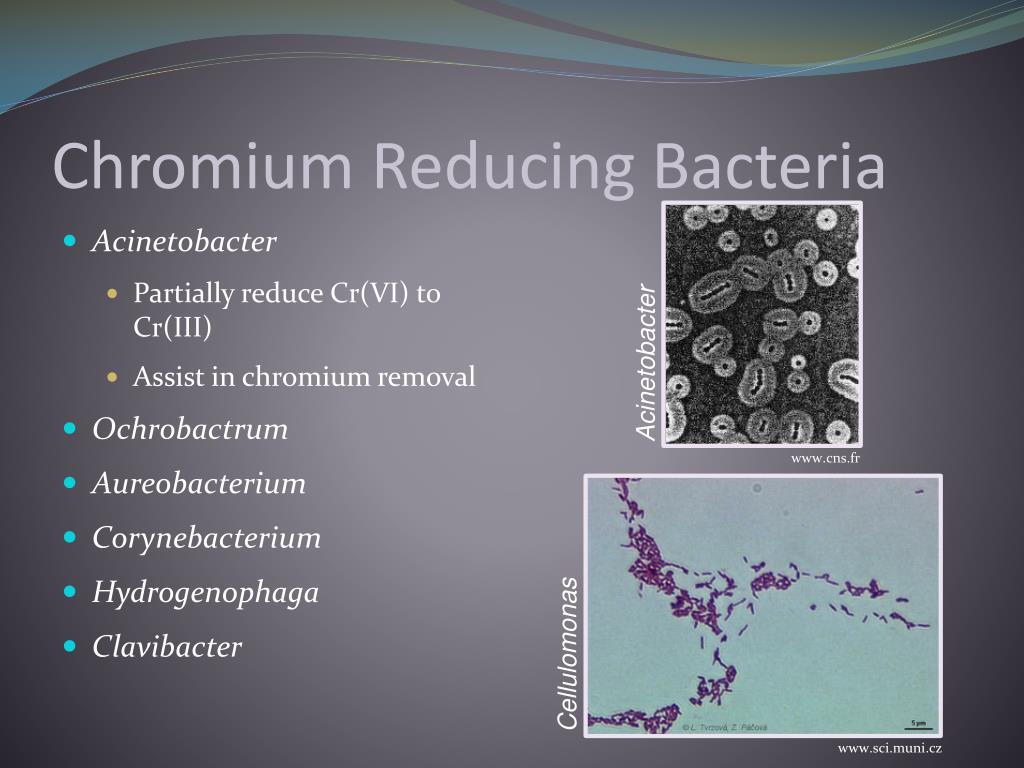

The diet had no effect on the blood count, except for an increase in the number of neutrophils. Feeding rats a high-fat diet increased blood markers of induction of inflammation, ie pro-inflammatory cytokines IL-6 and TNF-α, and also significantly increased IgE. Selected hematological parameters were determined in the blood of the rats, including total white blood cell (WBC) count, leukogram, red blood cell (RBC) count, hemoglobin level (HGB), hematocrit (HCT), platelet count (PLT) and platelet percentage (PCT), as well as immune parameters: levels of immunoglobulins A and E (IgA and IgE), interleukin-6 (IL-6), interleukin-2 (IL-2), and tumor necrosis factor α (TNF-α) activity of ceruloplasmin (Cp) and levels of caspase 3 and 8 (Casp3 and Casp8).

The rats received a standard diet or a high-fat diet supplemented with chromium at 0.3 mg/kg body weight (BW) in the form of chromium(III) picolinate, chromium(III)-methionine or nano-sized chromium. The aim of the study was to determine how a high-fat diet supplemented with various forms of chromium affects hematological and immune parameters of the blood of rats. 3Division of Food Science, Institute of Animal Reproduction and Food Research of the Polish Academy of Sciences, Olsztyn, Poland.2Department of Biochemistry and Toxicology, Faculty of Animal Sciences and Bioeconomy, University of Life Sciences in Lublin, Lublin, Poland.1Chair and Department of Human Anatomy, Medical University of Lublin, Lublin, Poland.Wojciech Dworzański 1 Iwona Sembratowicz 2 Ewelina Cholewińska 2* Krzysztof Tutaj 2 Bartosz Fotschki 3 Jerzy Juśkiewicz 3 Katarzyna Ognik 2


 0 kommentar(er)
0 kommentar(er)
